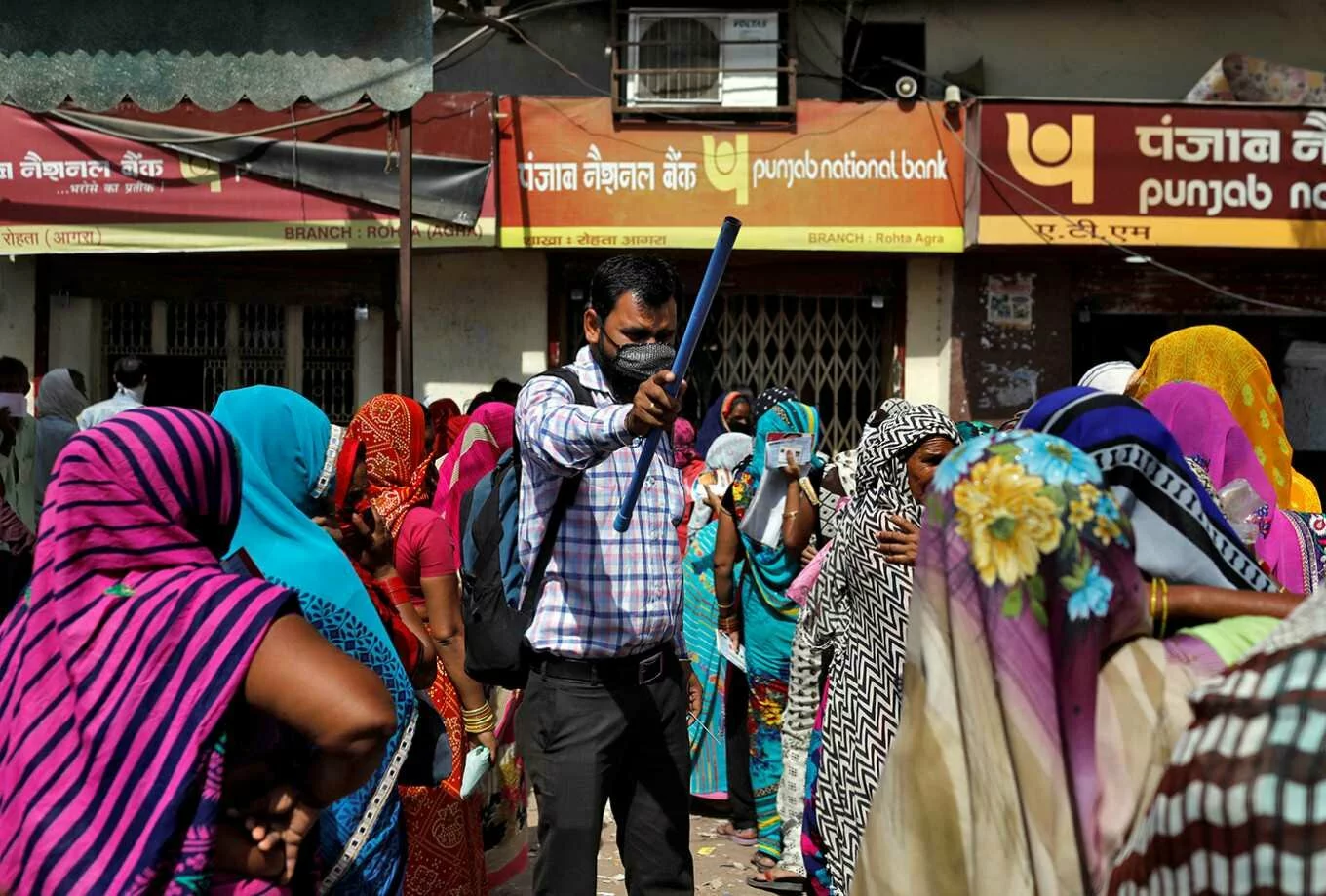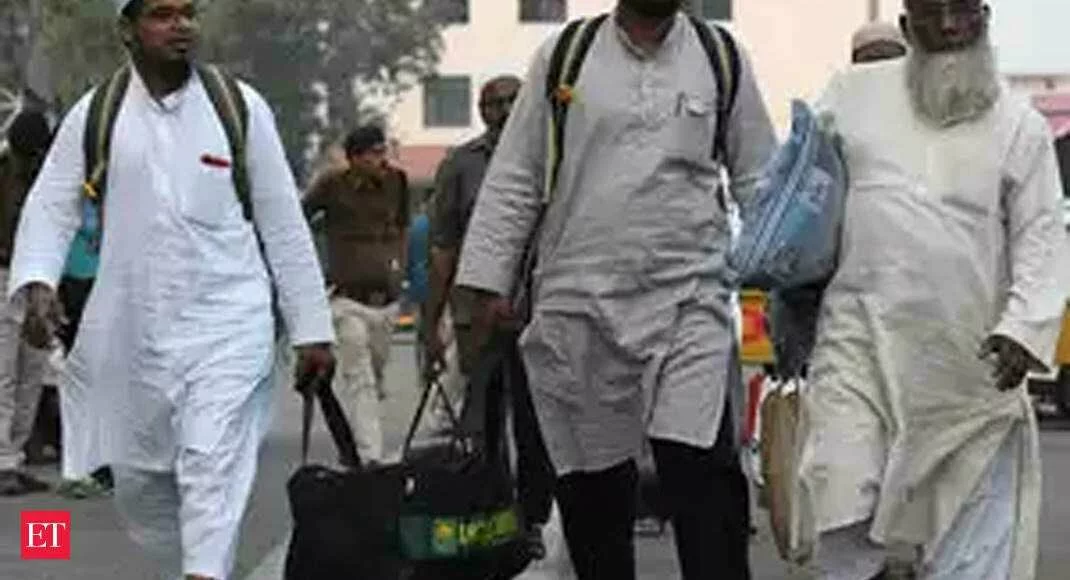
No work, new debt: Virus creates perfect storm for slavery in India
- 2020-04-13 09:04
- By thejakartapost.com
When the coronavirus outbreak brought India to a halt last month, Bhagwan Das lost his only income as a construction worker in Delhi and embarked on a three-day trek back to his village. Unable to maintain repayments on the 60,000 rupee ($787) loan he took out in 2017 for his daughter's wedding, Das had no choice but to offer his son's labor to service the rising debt. A coronavirus lockdown - due to end on Tuesday but set to be extended - has left hundreds of millions of informal workers without cash or food, and fearful that lacking paperwork or a bank account will hinder their access to government assistance Many families will instead resort to taking out loans at high interest rates in order to survive, while others will fall deeper into debt and end up trapped in bonded labor - India's most prevalent form of modern slavery - according to activists. India identified at least 135,000 bonded workers in its 2011 census, while the Australian charity Walk Free Foundation put the number at eight million in its 2018 Global Slavery Index. "Cash flow in a migrant worker's home rotates around loans and working to repay them and that process has been completely derailed," he added. In Odisha, charities are using short videos inspired by the animated film "Madagascar" to inform villagers about coronavirus and warn them against taking out loans from local money lenders at high interest rates - a practice known to fuel slave labor. Yet such efforts could be set back as people turn to the most convenient source of cash - lenders their families have known for generations - despite aid promised by the government for the country's poorest, according to labor rights activists. "Business losses are huge and the impact will be felt in every migrant's home," said Khan, explaining how some workers had been given advances of up to 40,000 rupees upon joining. Anti-trafficking activists are also concerned that workers who were stuck on site at brick kilns and rice mills when the lockdown was announced will have been overworked and exploited.

India’s Jewish ‘microscopic minority’ feels safe from the coronavirus — for now

Malayalam actor Kalinga Sasi passes away

MHA seeks report from Maharashtra govt on Palghar mob lynching incident
